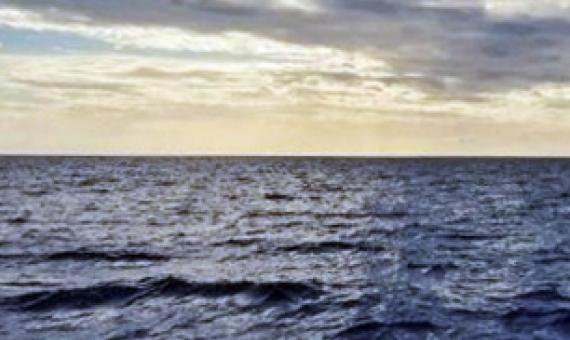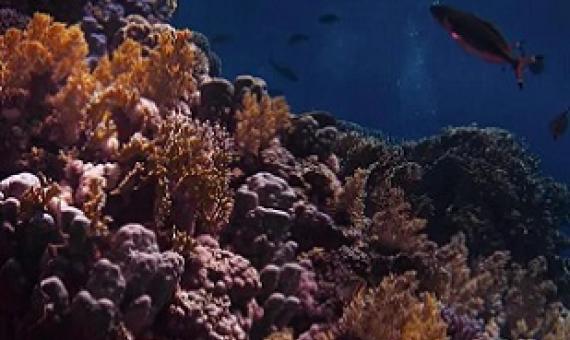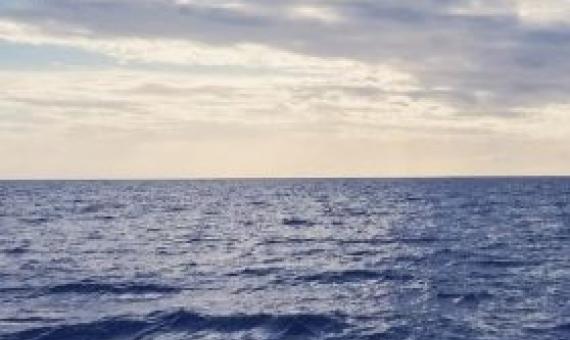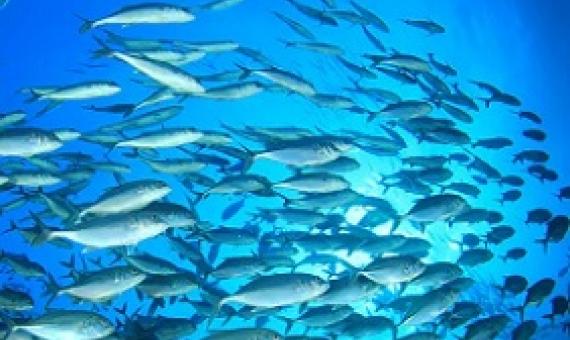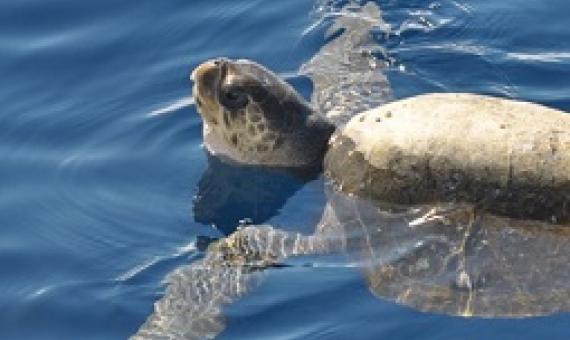Nations have reached a historic agreement to protect the world's oceans following 10 years of negotiations. The High Seas Treaty places 30 percent of the seas into protected areas by 2030, aiming to safeguard and recuperate marine nature.
Oceans cover 70 per cent of the Earth’s surface.
A team of researchers, using satellite data and other analytical tools, has identified companies fishing in high seas—waters that lie outside of national jurisdiction where fishing has raised fears about environmental and labor violations.
Researchers have found “sea rainforests” in deep seas, most of them in the two-thirds of the ocean’s deep waters where no nation has jurisdiction. The 116 coral reefs live mostly between 200m and 1,200m in-depth, with some of them at 2 km underwater.
The non-paper recognises that the success of the new regulatory framework for biodiversity in the high seas will be strongly dependent on the availability of ocean scientific knowledge and services, including data and information, capacity building and transfer of marine technology.
Rights of Nature: Perspectives for Global Ocean Stewardship
The development of a new international legally binding instrument for the conservation and sustainable use of marine biodiversity beyond national jurisdiction (BBNJ agreement) is in the final negotiation phase. Legal recognition of rights of nature is emerging worldwide as a fresh imperative to preserve ecological integrity, safeguard human wellbeing, broaden participation in decision-making, and give a voice to nature – but so far exclusively within national jurisdiction. In this paper, we consider how a Rights of Nature perspective might inform the BBNJ agreement.
Considering Indigenous Peoples and local communities in governance of the global ocean commons
The United Nations are currently negotiating a new international legally-binding instrument to govern the global ocean commons, a vast area beyond national jurisdiction (ABNJ) owned by everyone but not cared for by any single entity. Indigenous Peoples and local communities (IPLCs) have been underrepresented in the debate about governance of ABNJ despite their internationally recognized rights and their role as custodians of many globally-significant migratory species that travel between coasts and high seas.
Oceans cover 70 per cent of the Earth’s surface.
Data-driven approach for highlighting priority areas for protection in marine areas beyond national jurisdiction
One of the aims of the United Nations (UN) negotiations on the conservation and sustainable use of marine biodiversity in areas beyond national jurisdiction (ABNJ) is to develop a legal process for the establishment of area-based management tools, including marine protected areas, in ABNJ. Here we use a conservation planning algorithm to integrate 55 global data layers on ABNJ species diversity, habitat heterogeneity, benthic features, productivity, and fishing as a means for highlighting priority regions in ABNJ to be considered for spatial protection.
Most of us have never been to the world’s immense last wilderness and never will. It’s beyond the horizon and often past the limits of our imaginations.

